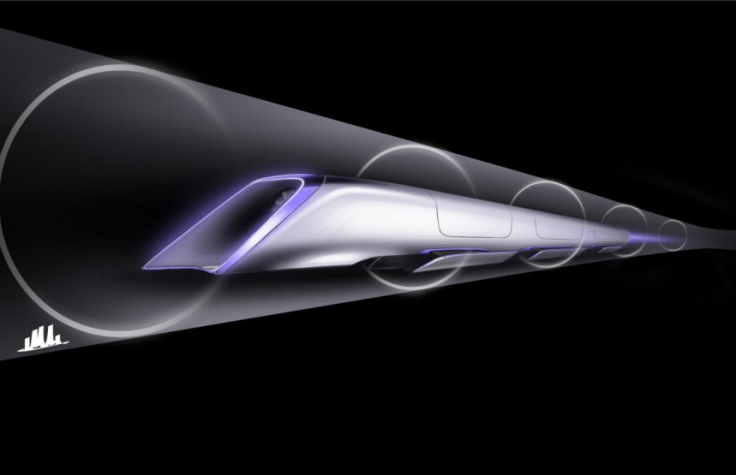Elon Musk's Hyperloop: SpaceX Ropes In LA Construction Firm Aecom To Build California Test Track

In the latest push toward realizing Elon Musk’s ambitious Hyperloop transportation system, Aecom — a Los Angeles-based construction and design firm — announced Tuesday it had been selected by SpaceX to design and build the world’s first test track for the high-speed propulsion system. The one-mile-long test track would have a diameter of six feet, and would be located near SpaceX’s headquarters in Hawthorne, California.
“Aecom has designed and built some of the world’s most impressive transportation systems, so we appreciate how the development of a functioning Hyperloop with SpaceX can dramatically expand the ways people move across cities, countries and continents,” Aecom chairman and CEO Michael Burke said in a statement released Tuesday. “What we are delivering is more than just a track to test pod prototypes; it’s a glimpse into the future.”
The concept of Hyperloop — a frictionless, subsonic “fifth mode” of transportation, wherein pressurized capsules travel through pneumatic tubes — was first put forward by Musk in a 57-page white paper published in 2013. At the time, Musk, who currently serves as the CEO of SpaceX and Tesla Motors, urged companies and entrepreneurs interested in the concept to pursue the idea.
Since then, two companies, Hyperloop Technologies and Hyperloop Transportation Technologies — both of which are not associated with Musk in any way — have been vying to bring the dream to fruition. The two startups are also working on their own test tracks.
The track being built by Aecom, which did not disclose the cost of the project, will serve as a proving ground for the pod prototypes being developed as part of SpaceX’s design competition.
The design competition will be held Jan. 28-29 at Texas A&M University, and will pit thousands of student engineers against each other in a race to build a pod capable of traveling at the speed of roughly 760 miles per hour. Judges will evaluate each team’s design and ultimately decide who moves on to the final round of the competition, slated to take place in June 2016.
Hyperloop Technologies is also sponsoring the competition, which includes a $150,000 commitment in prize money for the winners, and a chance to build a life-sized version of their model and race it on the Aecom-constructed test track.
© Copyright IBTimes 2024. All rights reserved.





















